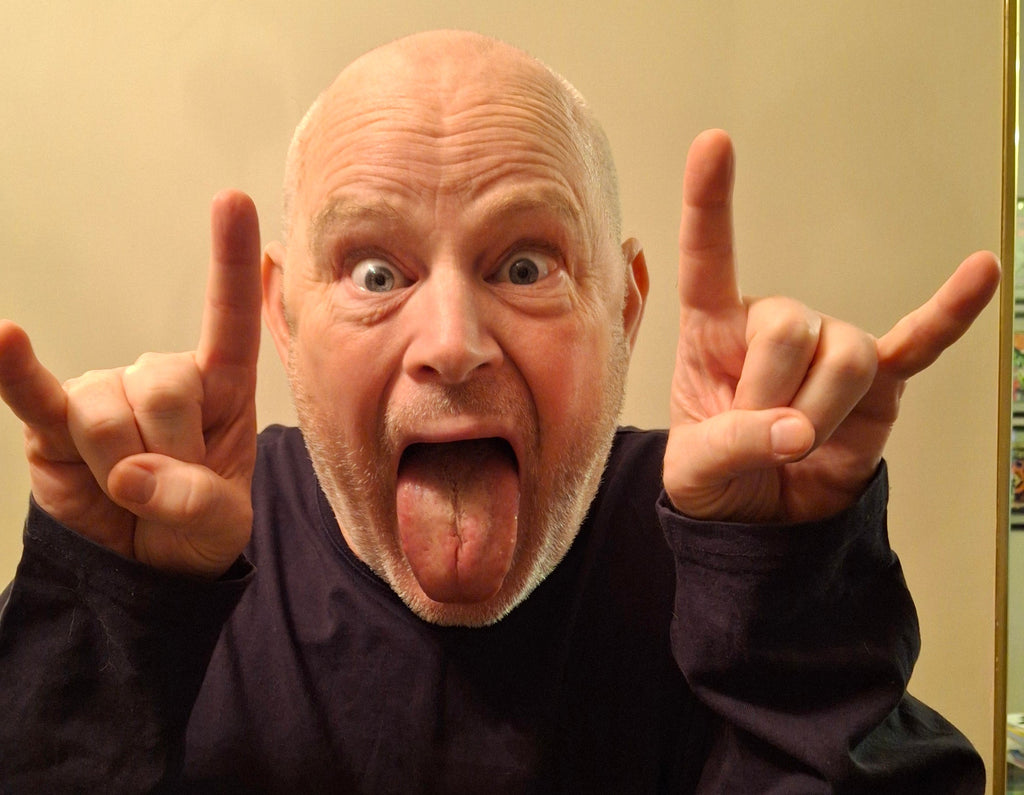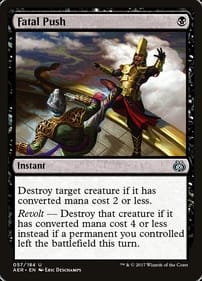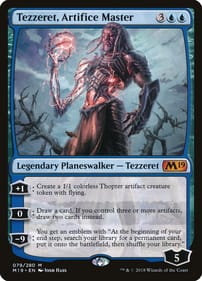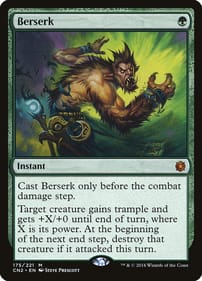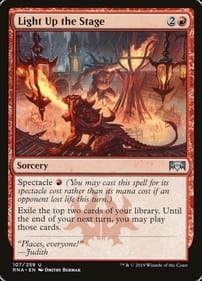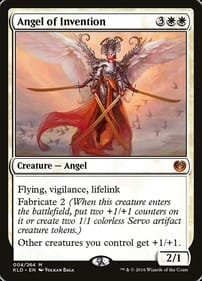Ozzy Osbourne, Menace to Society?
By Dan Brown I did a double take when Ozzy Osbourne died last week. Watching the wall-to-wall media coverage, I had to make sure this was Ozzy Osbourne the news anchors were talking about, not someone else. Had there been a mistake? The deceased was lauded as a warm human being, a musical innovator, and a devoted father. Could they really be talking about Ozzy “the Prince of Darkness” Osbourne? The same guy authority figures had warned us kids about in the 1980s? The guy who threatened to force the collapse of society? Who polluted the morals of an entire generation? Whose songs were spawned in a fiery place many fathoms below the planet’s surface? That dude? What the? I watched on, and it turns out it was the same Ozzy! Only now it was like people were upset he was gone, no longer a menace to polite society and all that is holy. Which makes the Black Sabbath frontman just the latest example of Mark Twain’s dictum that “politicians, old buildings, and prostitutes become respectable with age.” Funny thing about the Blizzard of Ozz. Back in the day, he was as close as it came to a mortal emissary of Lucifer. Or so we were led to believe. The way our parents talked in hushed tones about him, and the way religious leaders, teachers, and others referred to him, you would have thought Ozzy was the right hand of the Archfiend. Why, it was rumoured in the schoolyard that a bat had fallen on stage during one of his solo-tour performances – and Ozzy had snatched it up, gobbling the winged creature’s head. I guess, because it was a bat, this act was taken as proof of the singer’s evil nature. Around the same time, he was arrested for defiling the Alamo while intoxicated. Folks, he urinated on the historic building. Then, all but proving he was put on Earth by the Father of Lies to corrupt young people, he was the target of a lawsuit alleging he drove a young fan to suicide with a “backwards-masked” message hidden in his solo song Suicide Solution. Why Ozzy would want to kill his own fans, thus decreasing his potential income base, was never fully explained by those who railed against him. They even burned his records. With a rap sheet like that, it’s no wonder the people in charge of educating and guiding my generation had warned us about Ozzy’s depravity. But then a strange thing happened. The lawsuit was laughed out of court (only in Ronald Reagan’s America would it have been allowed to move as far forward as it did). More fans listening to his music did not end their own lives. He had some kids with his manager, Sharon, then settled down. All was quiet until reality TV appeared on the scene years later. As you may recall, one of the sensational new shows featured Ozzy in the role of doddering father. Sure, he still swore like a heavy-metal musician, but gone was any trace of the pact he had struck with Beelzebub for eternal life. As contrived as the show was, he came across as . . . sweet. Warm. Human. The passing of the decades had worn away the dangerous and rough edges, as Twain knew they would. So by the time Osbourne died, no less an authority on goodness as Pat Boone posted on social media to express his grief. So did Donny Osmond. And the Alamo’s Instagram page carried a message about Ozzy’s humility, saying “redemption and reconciliation eventually became part of his history as well.” Like old politicians, old buildings and old sex workers, Ozzy is now respectable. But that could be how the forces of darkness work. By eroding our standards of behaviour over a lifetime. Or maybe, just maybe, all those things they said about Ozzy weren’t true, that he was just a regular bloke from Birmingham all along, trying to do his best with the inner resources he had in this crazy thing called life. Dan Brown has covered pop culture for more than 32 years as a journalist and also moderates L.A. Mood’s monthly graphic-novel group.


